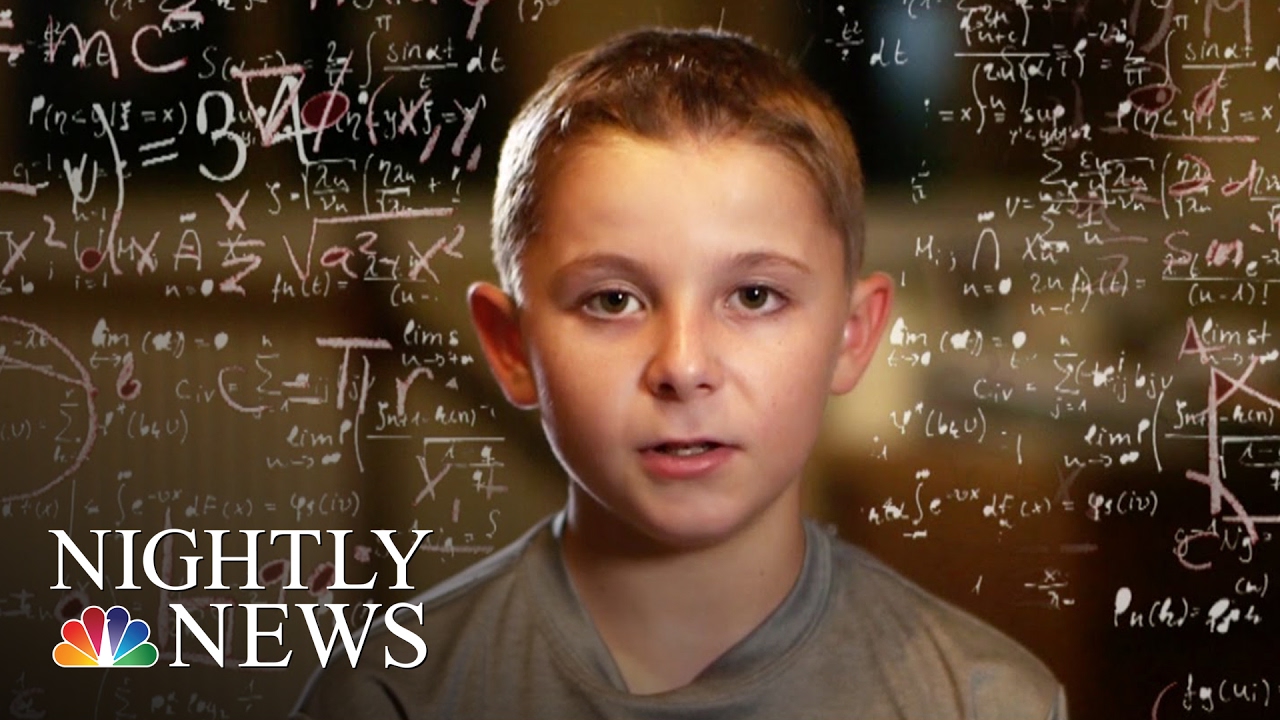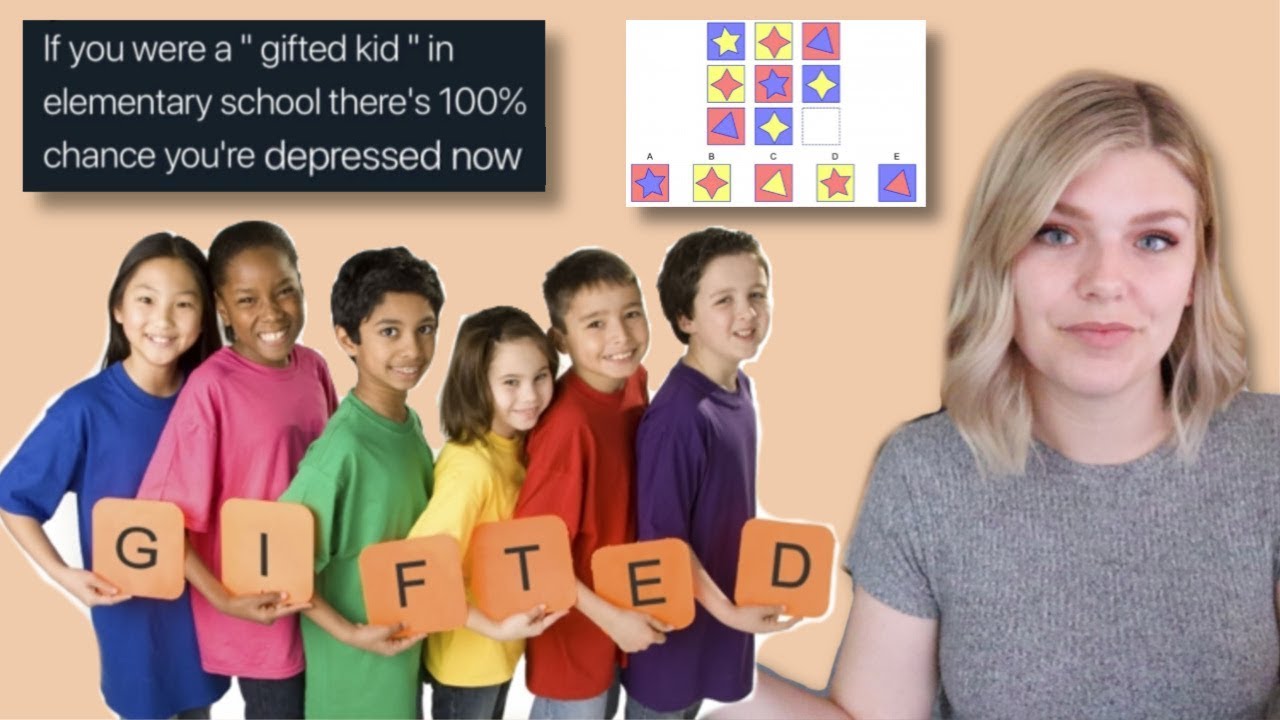Raising and educating gifted children is a challenge. The pros and cons of being gifted test both parents and the education system, which is generally not prepared for these special children.
The World Health Organization (WHO) estimates that approximately 2% of the population is gifted. This does not mean that they are unique or rare. They exist and can be born in any family or community. What happens if they are not detected in time is that their potential does not develop.
But nevertheless, it’s not just about identifying them. We must provide the necessary tools to stimulate and develop their potential, but at the same time try to grow as beloved and happy children. This is sometimes demanding for both the family and the school. For all it is a challenge to deal with the pros and cons of being gifted.
How to diagnose that a child is gifted?
One of the biggest problems faced by gifted children is that the diagnoses are not effective or, rather, deficient. In order to identify a giftedness it is necessary to resort to specialists trained in the area.
In this way, it is also necessary to apply tests according to the child’s age and maturity level. The generic tests or that are obtained in Internet are not sufficient to give a diagnosis of high capacities.

Likewise, the fact that a child is very precocious by learning to speak or in some other psychomotor skill does not mean that he is gifted. Nor will we “form” a gifted child if we apply prenatal or postnatal stimulation techniques. The intelligence with which the child is born will not increase with these exercises.
The correct evaluation must be done by a psychologist or specialist psychologist in giftedness. You can also investigate if there are specialized organizations in your area that can help you.
Pros and cons of being gifted
Perhaps for many people talking about giftedness is synonymous with benefits, but there are also some disadvantages compared to the rest of the population that is in the intellectual average.
Gifted children not only have a high IQ, they are also highly sensitive. Therefore, when there is a diagnosis of giftedness there is a lot of fear, ignorance and anxiety involved. The pros and cons of being gifted come into play.
First, parents will face many dilemmas about what they should do and about how to treat a child that exceeds the “normal”. Then, the very gifted children themselves have to accept and understand themselves with their specificities and complexities.
In general, in Spanish-speaking countries they are not so prepared to deal with giftedness, which accentuates the disadvantages to be gifted. That is why, in this article, we want to talk about the pros and cons of being gifted to provide tools to parents and that they can better help their children.
Between the positive and the negative
- Gifted children learn faster and with less effort. Come before the solution to the problems and know before what is going to happen. But they go so fast that they can reach erroneous conclusions. They also get bored and distracted in an uninspiring environment.
- Gifted children can be very talented in some subjects, but not in others. The effort that the child makes is not recognized. Failure affects them greatly.
- As they quickly understand the explicit and implicit norms of an environment, they adapt quickly. They can also deduce what is the easiest way to get out of the rules.
- High capacity to innovate and to take advantage of the resources that are within reach. What generates high expectations in parents and teachers, who they will demand extraordinary results, subjecting the child to tension and stress.
Plus:
- Gifted children have a great ability to solve problems or anticipate situations. However, that same capacity can lead to have conflicts with an environment that does not understand their questions or reasoning.
- The sensitivity and developed intuition of gifted children leads them to understand situations much more complex than their level of maturation. This can generate excessive worries or anguish for their age.
- The ability to investigate and question the drives to acquire new knowledge, leads them to interact with older children or adults. That can be badly received by relatives or teachers, who do not know how to respond or teach these children.
- The accelerated intellectual capacity captures the attention of parents and teachers. This can cause rejection or jealousy among your siblings or other children. This makes them victims of bullying or isolation, what can generate a deficient development of their social skills.
The role of parents
Parents who can distinguish signs of giftedness in their children should confirm the diagnosis. For that it is necessary to resort to specialized services in gifted children.
Once it has been confirmed that the child has an IQ higher than 130, parents should understand that, even if your child has high intellectual abilities, emotionally he is still a child.
The reasoning ability of gifted children can confuse us, but his experience and his affection is still that of a child. You have to treat them with great care because it is very easy to hurt them.
Likewise, high intellectual capacity does not mean that these children are going to be more assertive in decision making. Whereupon, the guiding vision of the parents acquires special relevance. Parents, when considering the pros and cons of being gifted, can help their child to take the best paths for their future happiness and development.
